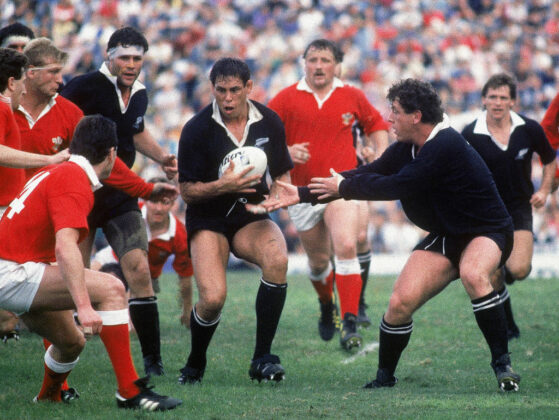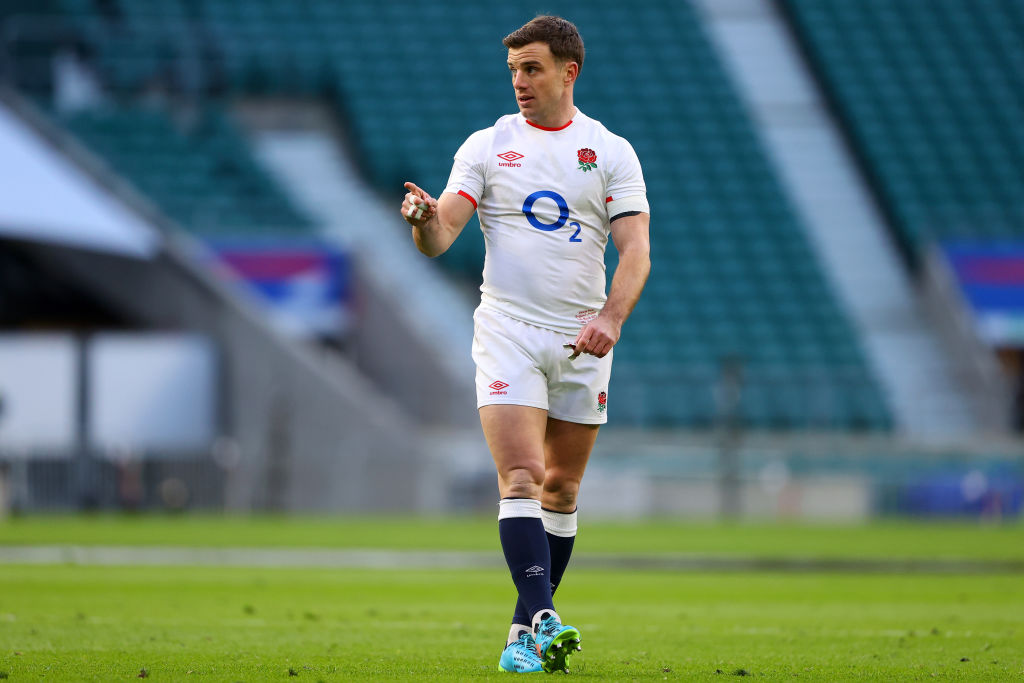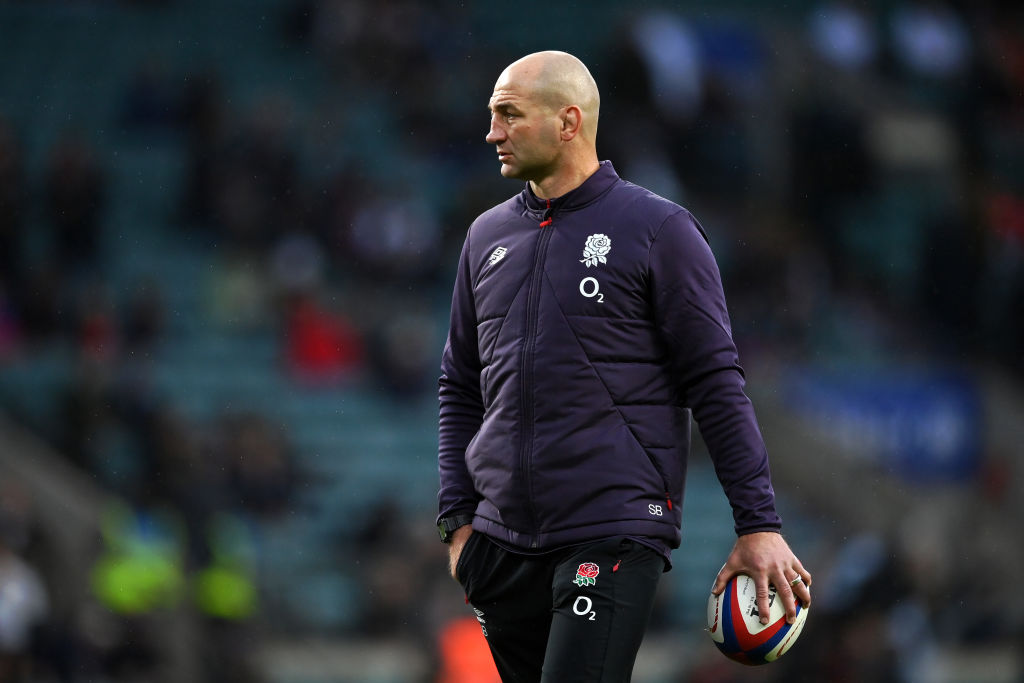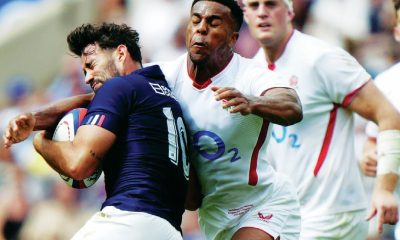
Over a bacon sandwich and pot of tea one Friday morning last winter, Phil Davies considered the double of all whammies awaiting his arrival in the Orient.
The second and third fixtures in Pool B leapt up out of the schedule, hurtling towards him with all the danger of a bouncer from Jofra Archer – South Africa on September 28, New Zealand seven days later. Namibia’s head coach described the scenario in one word: “Challenging.”
Now that the time is almost nigh for engagements which would threaten to engulf far stronger teams, let alone the tournament’s outsiders, the challenge will be looming ever larger. For the Welshman from Seven Sisters in the Swansea valley, the experience will be nothing new.
Davies has been taking it on the chin from New Zealand at World Cups ever since the first one in the Queensland winter of June 1987 when the All Blacks put their inadequate opponents away in a semi-final without rival for one-sidedness.
Fortunately, Wales found a silver lining in the fact that the try had not been upgraded to five points, thereby restricting New Zealand to 49-7 instead of 57-7. Unfortunately, the laws prevented the referee from stepping in and declaring it a no-contest.
Before the late Kerry Fitzgerald blew his whistle to end the mayhem, he had counted out one Welsh player, not on his feet but the flat of his back. Huw Richards had been sent off, deemed guilty of an offence known in Aussie Rugby League as ‘going the biff’.
Unfortunately he biffed the wrong man, Davies’ opposite number, Wayne Shelford who knocked Richards out in retaliation and escaped as though it hadn’t happened.
Davies played in a pack that had a few handy at looking after themselves, notably the Moriarty brothers, Richard the captain and Paul, whose son Ross has become invaluable to the Welsh cause at No.8 in Taulupe Faletau’s conspicuous absence. If a team as half-decent as Wales were back then couldn’t live with the big beasts, imagine what would happen to lesser rugby countries like Namibia, happy just to be there to make up the numbers.

After five World Cups, they take their place at the global jamboree in Japan undeniably the most consistent performers in the history of the tournament: Played 19, Lost 19. Points for: 214. Against: 1,148.
On the eve of their sixth World Cup, the rest of the planet will view them with grudging admiration as gluttons for punishment. Cast once more in an all too familiar role, they are not so much the outsiders at 1000-1 but no hopers and yet under Davies they are no longer as hopeless as they used to be.
It could be argued that in England four years ago, the Welwitshias delivered some above-average results. Everything is relative, of course, and in Namibia’s case 60 points has become par for their particularly hazardous course.
Against New Zealand in London they restricted the holders to a mere 58 and scored two tries of their own. In the context of what happened to them in Adelaide 12 years earlier, conceding 142 points to the Wallabies without reply, that adds up to some serious progress.
Davies, fondly remembered around Headingley for taking Leeds to a winning English Cup final at Twickenham, achieved another first at the 2015 tournament. The narrowest of defeats, to Georgia at Exeter, earned Namibia a losing bonus point, their first.
If they are to go one better this time and prove that everything really does come to he who waits, Canada in Kamaishi at the end of the Pool competition offers them a fighting chance. What happens will be influenced by how they and the Canadians cope with the collateral damage inflicted by South Africa and New Zealand.
For what will be his last Namibian assignment after five years, Davies will rely heavily on the expertise of three more Welsh coaches. Former Scarlets’ wing Mark Jones is in charge of the backs, Wayne Proctor, is responsible for conditioning and Dale McIntosh has made the quantum leap from Merthyr to help Davies drill the pack.
The African qualifiers went into the opening match against Italy early this morning knowing how it feels to win on a faraway shore, in Montevideo where they came from behind to beat Uruguay 30-28 in the Nations Cup three months ago.
A whole different ball game awaits them on Saturday.


International Rugby
Becoming an England centurion just ‘another day at the office’ for George Ford

British and Irish Lions
Andy Farrell wants end to social media ‘nonsense’ after son Owen’s Lions call




























You must be logged in to post a comment Login